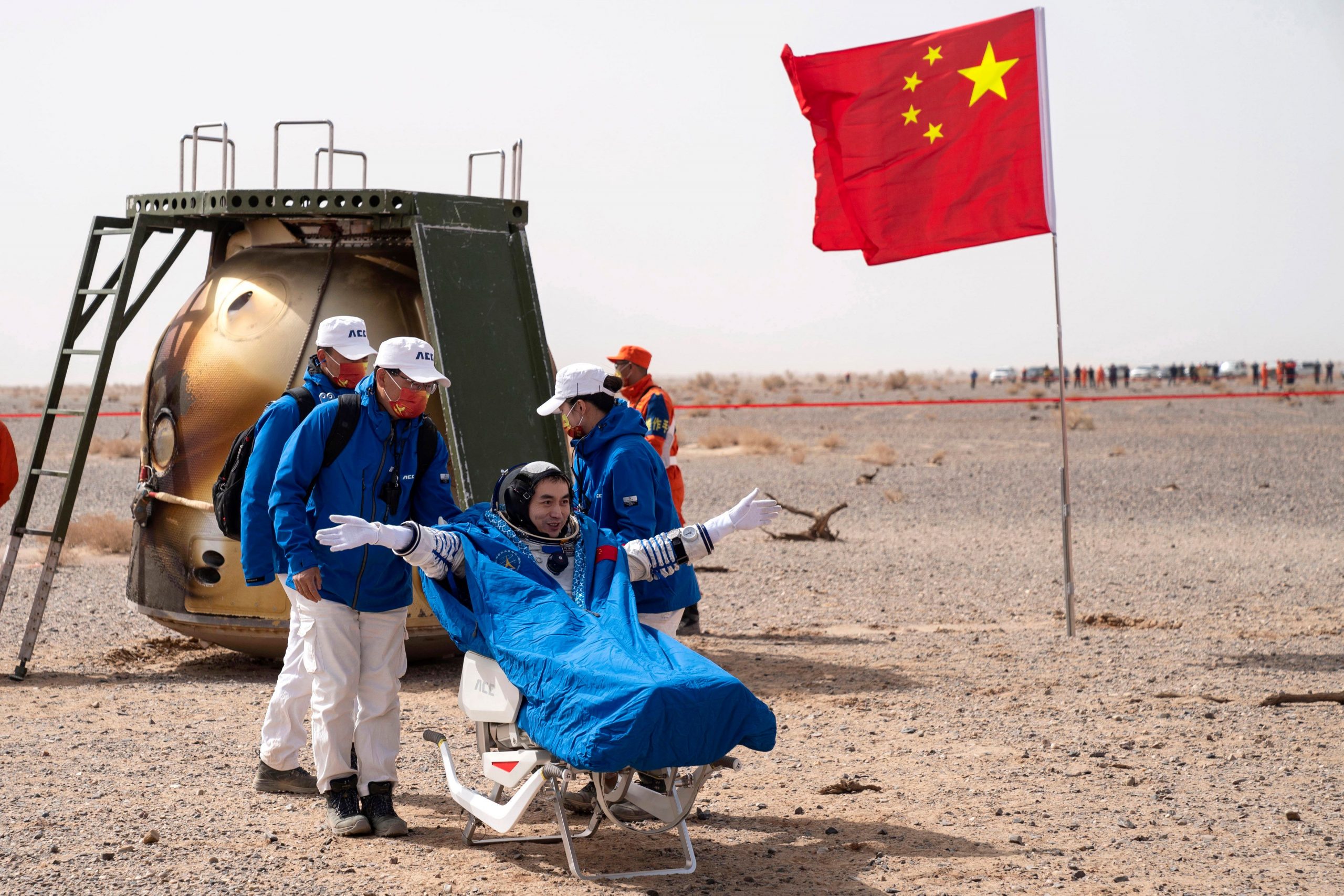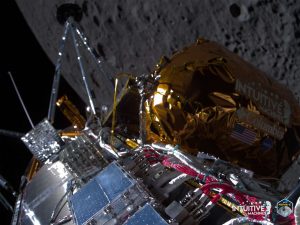NASA might have become a leader in space exploration by successfully landing a series of rovers on the Martian surface. China is aggressively planning to overtake NASA in space exploration. It is planning to become the first nation to return samples from the Red Planet to Earth. It is evident from the aggressive timeline it has set for samples to return to Earth which is two years earlier than NASA and ESO.
Also Read: Anand Mahindra talks about Arnold Subhashnagar… err, Schwarzenegger
China has a good track record as it became the second country to land a rover on Mars. It stands a good chance of completing within the timeline set by CNSA for its new mission and leaving ESO and NASA in the dust.
Sun Zezhou, the chief designer of the country’s Tianwen-1 Mars orbiter and rover mission, recently presented at an event on Monday. Made during a seminar to celebrate the 120th anniversary of Nanjing university, it suggests that China is hoping to kick off a Mars sample return mission called Tianwen-3 in late 2028, returning samples in July 2031 just two years before NASA’s joint mission with the European Space Agency (ESO),
Also Read: Making Amazon safer, one robot at a time
While NASA and the ESA were initially planning to bring back samples by July 2031, according to changes announced in March 2022, the ESA’s Earth Return Orbiter won’t make it back to Earth until at least 2033. NASA is bogged down with other projects as well, like returning astronauts to the lunar surface.
Zezhou further revealed in the presentation that the Chinese spacecraft’s entry, descent, and landing on Mars will deploy techniques used during the Tianwen-1 mission in 2021 whereas the sampling of Martian soil and rocks will use technologies demonstrated during the lunar sampling mission, Chang E-5 in 2020. The space agency CNSA is building on a wealth of experience, having already sent a spacecraft called Tianwen-1 into Martian orbit, landed a rover called Zhurong on the surface of the Red Planet, and successfully retrieved lunar samples with its Change E-5 mission.
Also Read: Europe will not attempt Mars mission this year, due to war in Ukraine
As part of China’s development plans from 2021-2025, the country’s ambitions for this unprecedented mission have previously been stated. Completing “Key technological research on Mars sampling and return'” was an objective for the same period in a government space white paper released in January.







